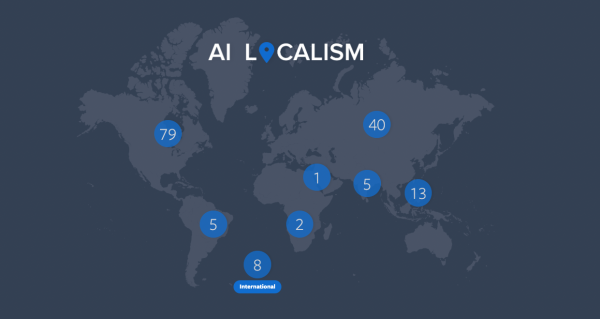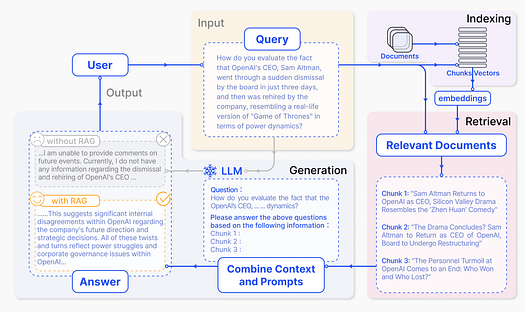Article for Urban AI: “In May 2024, Nantes Métropole (France) launched a pioneering initiative titled “Nantes Débat de l’IA” (meaning “Nantes is Debating AI”). This year-long project is designed to curate the organization of events dedicated to artificial intelligence (AI) across the territory. The primary aim of this initiative is to foster dialogue among local stakeholders, enabling them to engage in meaningful discussions, exchange ideas, and develop a shared understanding of AI’s impact on the region.
Over the course of one year, the Nantes metropolitan area will host around sixty events focused on AI, bringing together a wide range of participants, including policymakers, businesses, researchers, and civil society. These events provide a platform for these diverse actors to share their perspectives, debate critical issues, and explore the potential opportunities and challenges AI presents. Through this collaborative process, the goal is to cultivate a common culture around AI, ensuring that all relevant voices are heard as the city navigates to integrate this transformative technology…(More)”.


